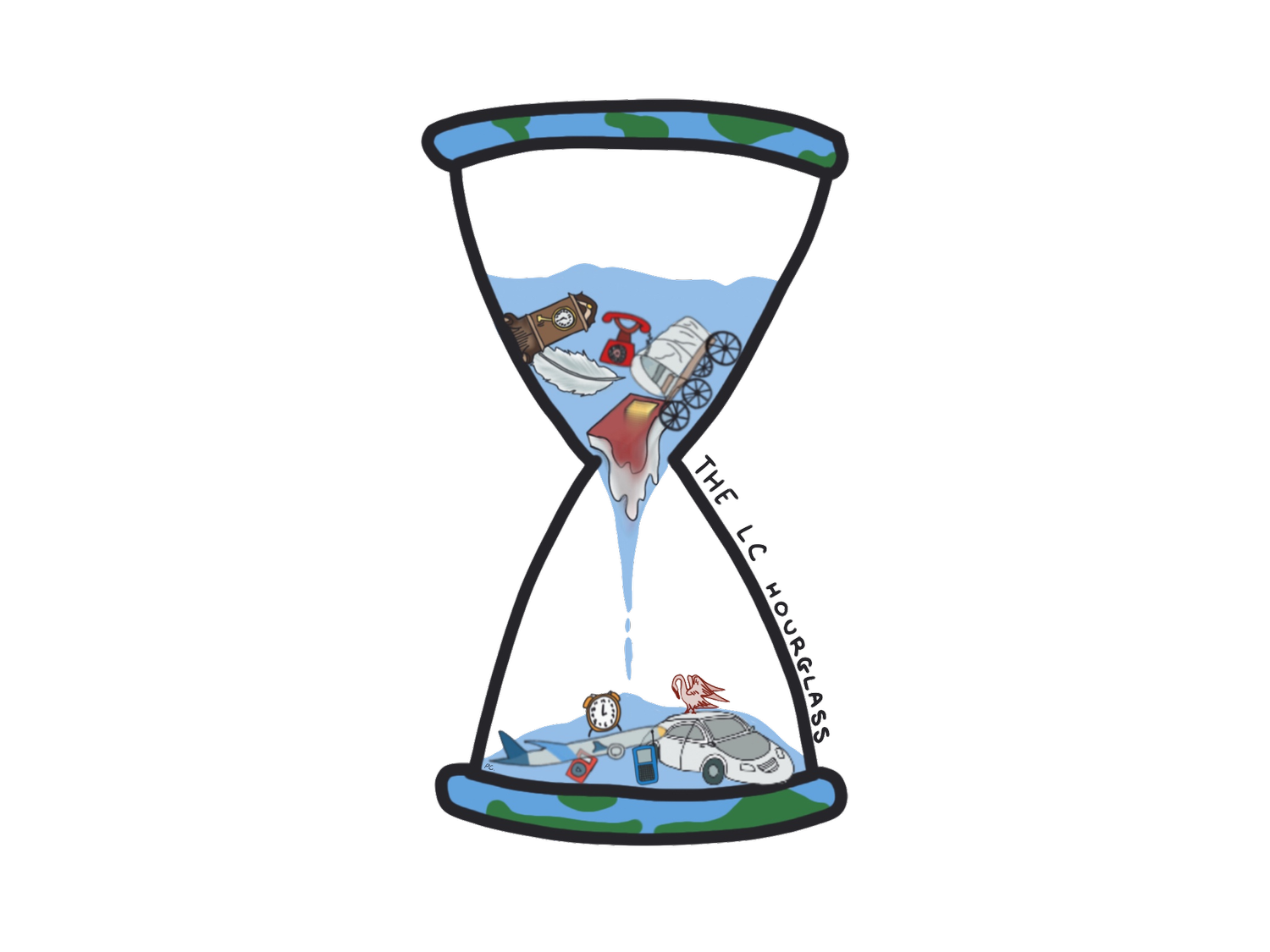The Artificial Natural Order: A History of The Nuclear Family
By Artem Gagushin ‘25
Not long ago, Republican presidential candidate Vivek Ramaswamy presented a list of his ten campaign principles. Among the usual conservative rhetoric, a la “There are two genders” (deemed so crucial to his campaign that it was placed second, apparently only losing priority to his proclamation of God’s existence), appears the following: “The nuclear family is the greatest form of governance known to mankind.” This modern characterization of the nuclear family – defined as a family unit of a mother, father, and two children living in their own residence, popularized around the post-WW2 era – stems from socially conservative views on male and female roles, and appeals to some natural order. But how exactly did this relatively new family formation only need a couple of decades to become “natural”?
First off, it is worth understanding the background behind the rise of nuclear families. The concept was first introduced in the 1920s – at the time, a relatively novel idea. European families were centered much more around extended family members and did not impose a societal expectation for children to marry young and move out at an early age. Societal instability caused by the Great Depression and World War II created a need for a stable family unit. The man would be the breadwinner of the household, and the woman would stay at home to take care of the children. Shortly, corporations would begin to sell this idea of a “natural” family structure to Americans – be it through single-family suburban housing, contributing to sprawl and decades of poor urbanism practices, or cars that became a necessity as a result. But in the United States, a country built upon notions of individuality and independence, this new family structure became the epitome of the American Dream.
Today, the American populace is making a quite dramatic shift away from the nuclear family – as the population grows more educated, they will tend to either have children at an older age or have no children at all. The increased entry of women into the workforce has made the idea of simply staying at home caring for the children far less popular. Lastly, there is a growing rate of single motherhood across the United States. So how have conservatives found themselves in stark opposition to this trend? In a few ways. Religious fundamentalists argue that the male and the female ought to occupy distinct roles in the household, and that the nuclear family guarantees exactly this. Additionally, as the levels of single motherhood rise, conservatives will oppose government aid for single mothers, believing that this aid incentivizes poor family structure. And while single motherhood has many issues, this fixation on the nuclear family only serves to alienate those who are not part of one. People who do not move out of their parents' homes by 18 are regarded as man-children; women focusing on their own careers are deemed selfish; single mothers are considered promiscuous.
It is thus not hard to see the harmful effects of the nuclear family. Not only does it set unhealthy expectations on individuals that only otherize them, but it is also an unnecessary confinement upon society – an ideal that everyone pretends is natural but is really nothing more than a byproduct of American values, used effectively by corporations to make a profit. The sooner that Americans recognize this and unshackle themselves from this self-imposed “natural” order, the better.
References
Aragão, Carolina. “The Modern American Family.” Pew Research Center’s Social & Demographic Trends Project, September 14, 2023. https://www.pewresearch.org/social-trends/2023/09/14/the-modern-american-family/.
Brooks, David. “The Nuclear Family Was a Mistake.” The Atlantic, February 11, 2022. https://www.theatlantic.com/magazine/archive/2020/03/the-nuclear-family-was-a-mistake/605536/.
Kilander, Gustaf. “Vivek Ramaswamy’s 10 Principles to Become Trump’s Successor.” The Independent, September 27, 2023. https://www.the-independent.com/news/world/americas/us-politics/vivek-ramaswamy-debate-republican-trump-b2419834.html.
“Nuclear Family.” Encyclopædia Britannica. Accessed November 10, 2023. https://www.britannica.com/topic/nuclear-family.
“Why Is It Called The Nuclear Family?” Merriam-Webster. Accessed November 10, 2023. https://www.merriam-webster.com/wordplay/nuclear-family-history-origin.
